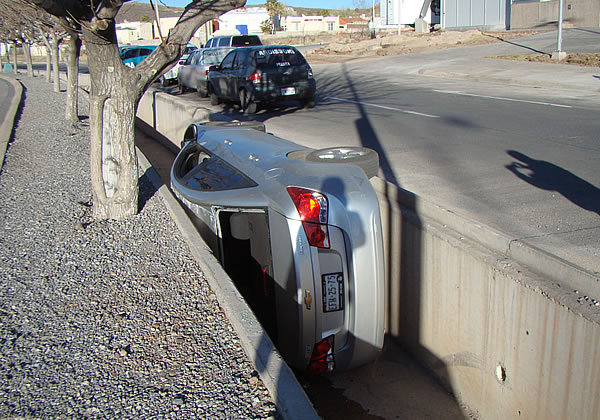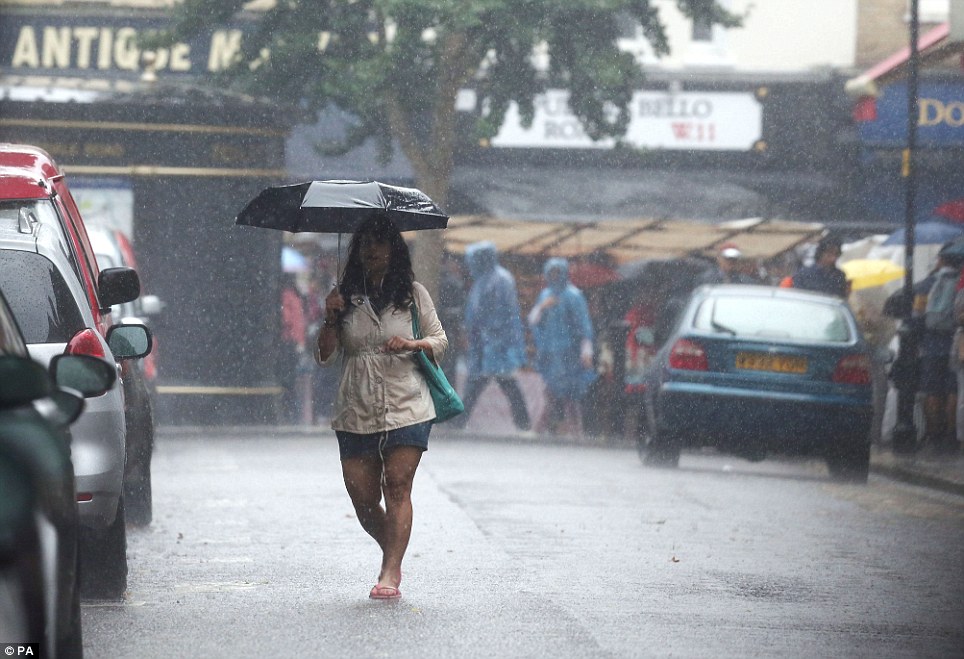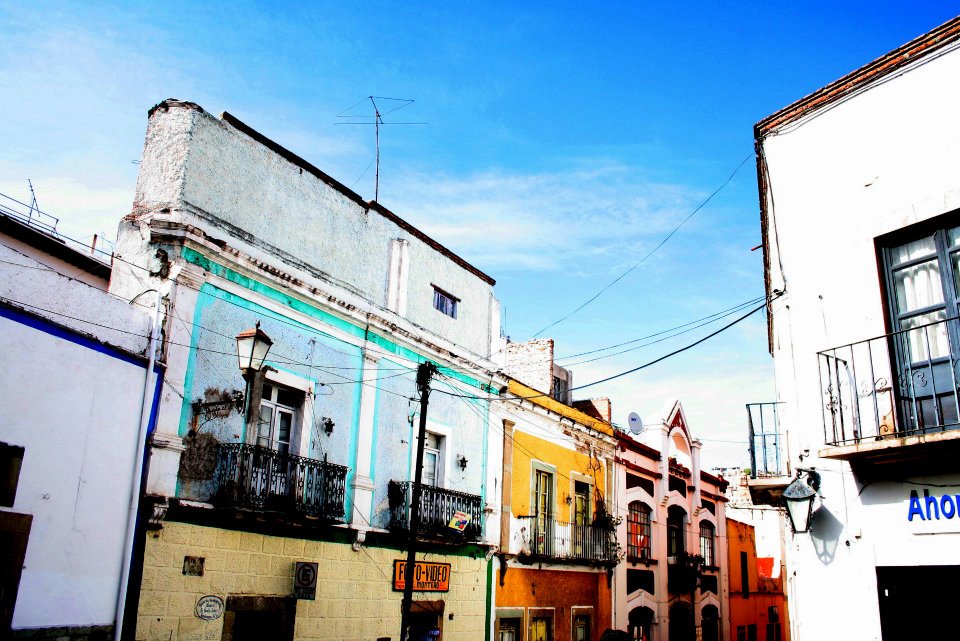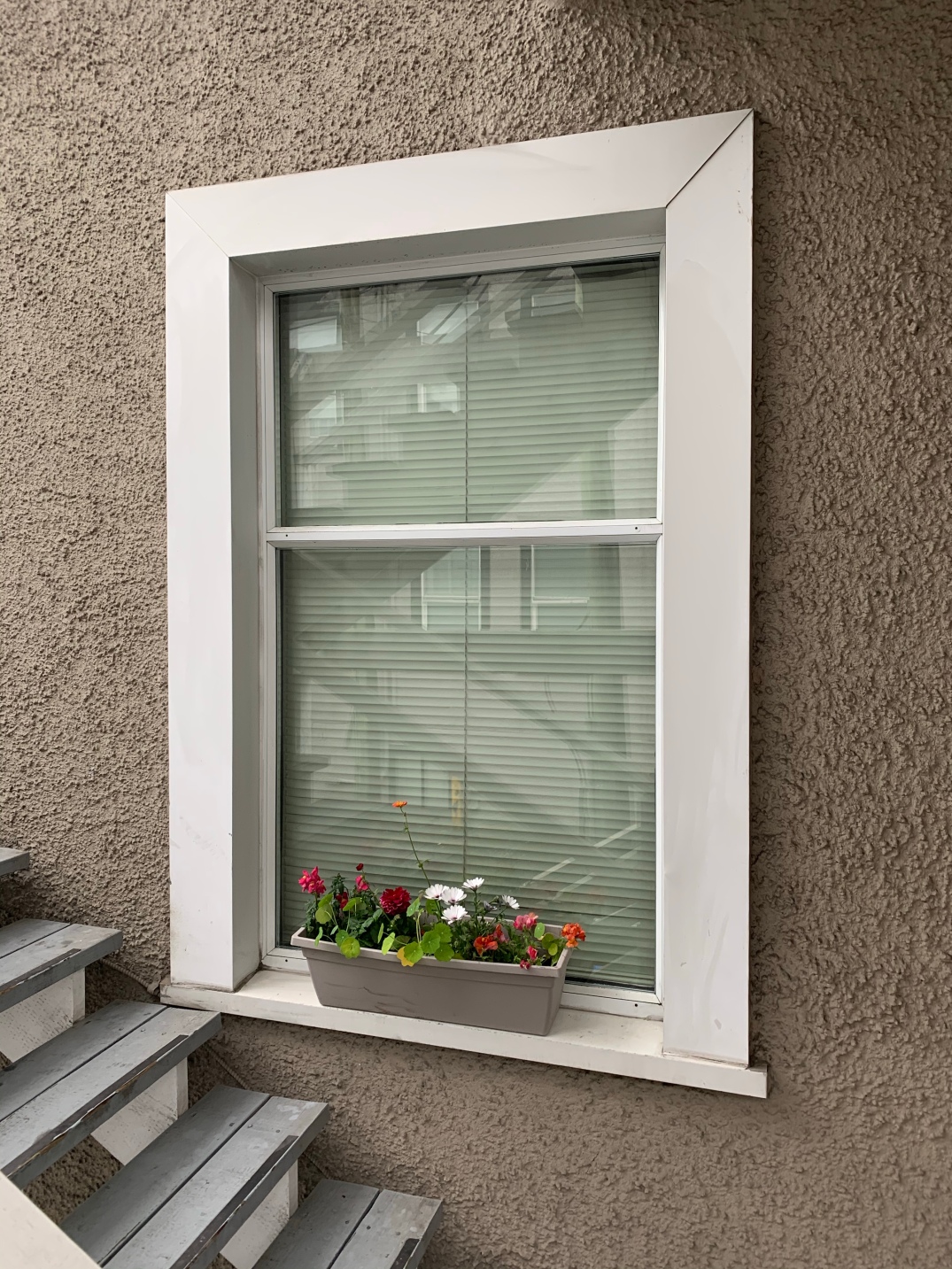 “How are you?”
“How are you?”
We didn’t ever think that would become such a loaded, complicated, and impossible to answer question but here we are. In February I wondered aloud if there was really much cause for concern. At least I only wondered and didn’t make it national policy.
Boy those were simpler times. We thought we’d have to be apart for a couple of weeks but we’d stay in touch. But for many of us, those uncertain early days were the last time we’d talk.
At least the last time we’d talk like the old us. Talk about things that happened in our lives because things were actually happening in our lives. We had lives. Now we hope that the other one might send a Zoom invite so we can stare at our own pained face. “God,” we think, “when did I get so old?” These last few months we have aged like the last real president.
It’s nobody’s fault. But it’s everyone’s responsibility. That’s the one thing we’ve all learned: that we are all collectively responsible for each other. And that’s exhausting. So most of us stay inside, even as measures lift. Streets come back to life but our brains and fragile little human hearts are still dormant. We look at our somehow neglected houseplants. “How did you get like this? I’ve been home with you for months”
For the first few weeks it wasn’t so bad. It felt kind of comforting in a terrible kind of way that the outer world now felt as anxious as we always do. But then it got worse. That was before the mass graves. We will never be able to have enough funerals so now we bury our last remaining feelings. Now we talk about the gross negligence of other countries so we don’t have to think about all our elders we sentenced to die alone long ago. That was not all of our faults but it was our responsibility.
Each morning we maybe make a plan and abandon it later or maybe make no plan and abandon even our no plans by midday. We eat whatever might give us a few minutes of dopamine because it’s easy. We’d get more dopamine if we called someone but somehow our phone doesn’t work the way it used to. Many signals just aren’t getting through.
We miss each other too much to call. We could have talked from balconies, around corners, and from six feet away but instead we built walls within walls because it just all feels like too much. As with all things, we are waiting for the cavalry to come, the adult to enter the room. We’re monkeys programmed to tell stories around fires but we are denied all of that. We have been told to isolate but instead many of us chose exile.
I miss everything about us more than I miss anything else. I miss unbridled laughter, soft secrets, gossip, literally anything but the news because we can’t detach from it anymore. I miss the random check ins, the spontaneous hangouts, the certainty that if we didn’t talk for a while that one day soon we would pick it up again. Friendship and intimacy made all the bad things not so bad.
But we don’t know if we will do that again. We don’t know when the right things will happen or what those right things are and when we will go back to the normal that wasn’t really working for us anyway.
Will we ever see each other again? When the much promised but very possibly unlikely vaccine finally arrives, will we still be ourselves?
We go to the mirror and look at our wrinkled foreheads.
“God, how did I get like this?”
Outside something unfamiliar wails.
You brace yourself for sirens but instead realize it’s just a sound you haven’t heard in what seems like an age.
It’s the sound of children laughing and screaming. They’re so excited to see each other.
I start making plans to deliver desserts tomorrow.
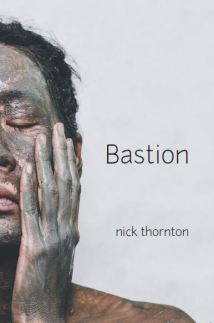 After nearly nine years of start-stop work, I finally received a proof copy of my novel ‘Bastion’ last week. Originally I just wanted to do a little writing exercise, with the sole purpose of fleshing out a very underdeveloped character in The Tempest: Miranda. As I wrote, the character became more and more her own and a story began to unfold that a lot of the time felt like it was telling itself to me, rather than me writing it. I don’t mean for this to sound high-minded or waxing poetic of me because in my experience, writing is a largely mechanical and tedious process that requires much more excavation and editing than it does actual story-telling. I mean simply that stories are things that live inside and outside of us and for something to “be right” requires a lot of patience and stick-with-it-ness that can be totally soul destroying at times.
After nearly nine years of start-stop work, I finally received a proof copy of my novel ‘Bastion’ last week. Originally I just wanted to do a little writing exercise, with the sole purpose of fleshing out a very underdeveloped character in The Tempest: Miranda. As I wrote, the character became more and more her own and a story began to unfold that a lot of the time felt like it was telling itself to me, rather than me writing it. I don’t mean for this to sound high-minded or waxing poetic of me because in my experience, writing is a largely mechanical and tedious process that requires much more excavation and editing than it does actual story-telling. I mean simply that stories are things that live inside and outside of us and for something to “be right” requires a lot of patience and stick-with-it-ness that can be totally soul destroying at times.



